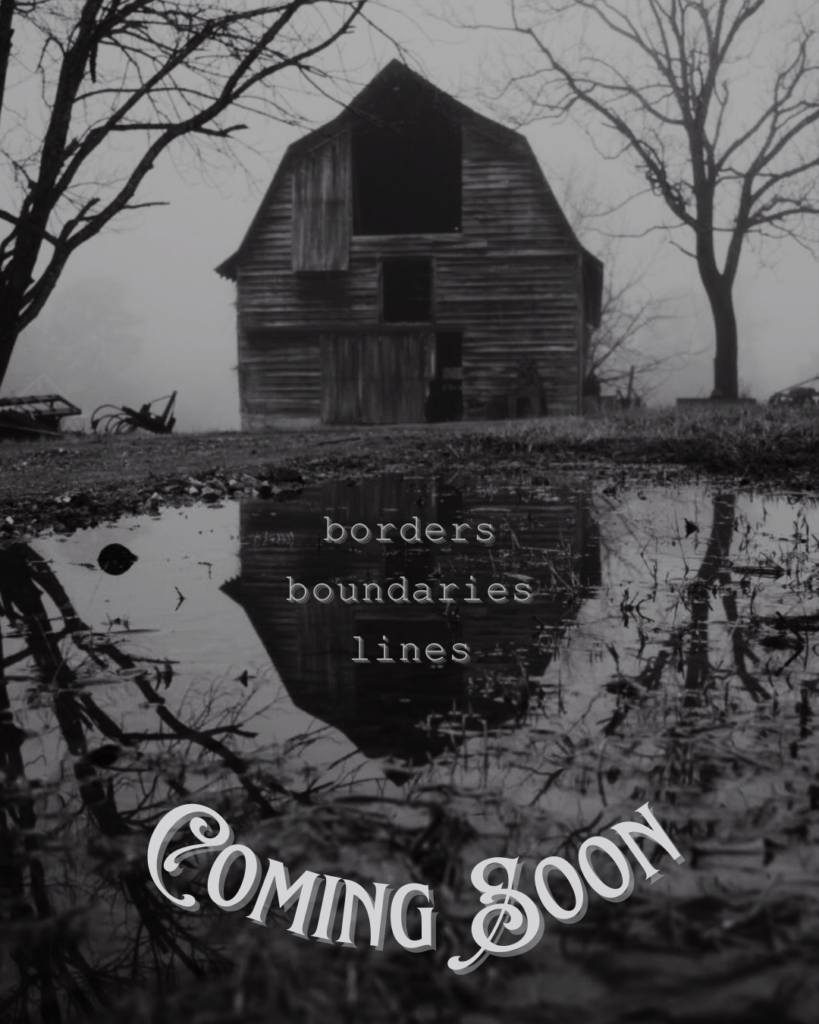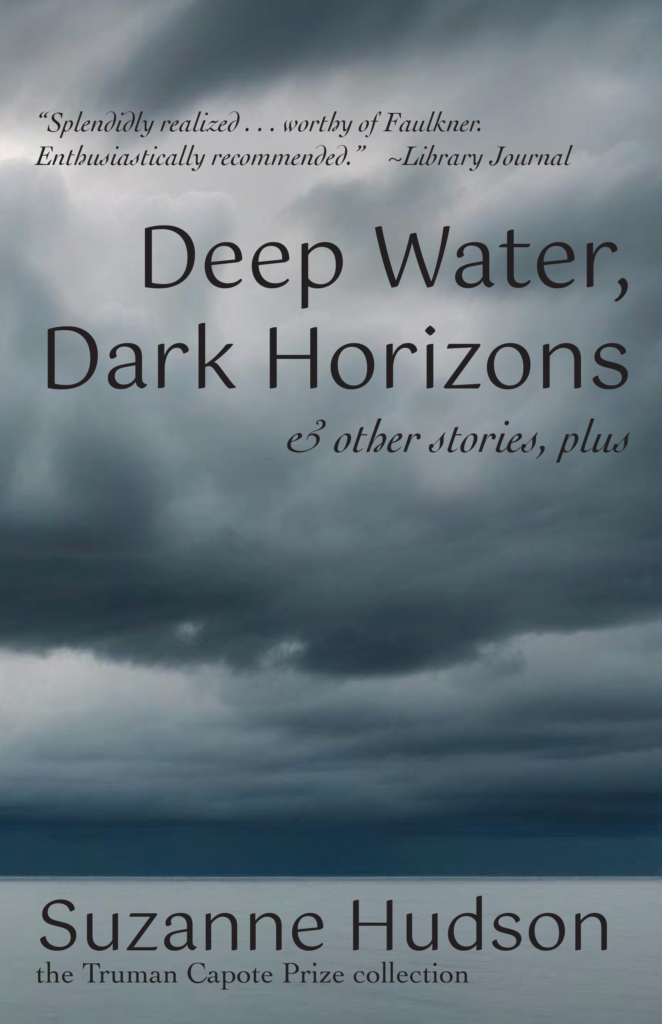reprinted with permission from www.workinprogressinprogress.com

Give us your elevator pitch: what’s your book about in 2-3 sentences?
A mysterious phenomenon called ‘the unmapping’ causes city streets and neighborhoods to entirely rearrange each day, leading to broken down power grids and other such chaos. Our two main characters, Esme Green and Arjun Varma, work in the New York City Emergency Management Department; Arjun is in love with Esme, but Esme has a fiancé, who disappears on the first day. The book is about climate change, about disasters, and ultimately about humanity. Also, lucid dreaming cults.
Which character did you most enjoy creating? Why? And, which character gave you the most trouble, and why?
I loved writing from Arjun’s perspective. He tries so hard—at his job, at friendship, at love—and fails in ways that are endearing to me and generally brings levity to this disaster story with his particular brand of neuroticism.
As for the one that gave me trouble, each chapter features a brief perspective from an unnamed character, and the hardest one to write was one of these side characters known as ‘the wife’. Her husband is a disaster prepper yet he himself goes missing the first day, and the wife, meanwhile, stays locked up at home, full of fear, until she gets pulled into a strange lucid-dreaming cult. At one point, I realized I didn’t know very much about her—who she was before all this. That bothered me, the not-knowing. Then I realized this missing sense of self was actually perfect for the story—that’s the type of person who would get swept away in dangerous ideas. I thought her story was about fear, but I learned it was about a missing selfhood.
Tell us a bit about the highs and lows of your book’s road to publication.
Three years elapsed between when I finished the book and when I got the book deal. In that time, as I secured an agent and my agent pitched out The Unmapping, I kept writing madly, finishing two more books: a novel and a novella collection. When I heard that Bindery had put in an offer to publish The Unmapping, it was both a high and a low, because I went back to my draft and realized how much I had changed as a writer, and how much I wanted to change in this book. I’d really grown in three years! Luckily, they were responsive to my wishes to make some pretty massive edits, which were in line with what they wanted, too, so I said yes, then embarked on an utterly insane two months of rewriting. It was the hardest I’ve ever worked in my life, and very difficult, but also wonderful, with my mind always at least one foot in the dreamscape of the novel. Since then it’s only been high after high, working with an amazing team on editing, choosing the cover, and everything else that goes into turning a book from words on a page to a physical reality.
What’s your favorite piece of writing advice?
I am a diehard reader of George Saunders’s Substack, Story Club. In many of his essays he talks about the importance of finding and following the energy of a piece. Basically, when you read back what you wrote, what is it that gives off little sparks? Follow that. Let that energy lead the story. Take it as far as it can go.
My favorite writing advice is “write until something surprises you.” What surprised you in the writing of this book?
Writing this story involved discovery on every level. In a broad sense, when I was first working on this years ago, I didn’t realize I was writing a slanted analogy of climate change. I work in climate change advocacy, but considered my fiction as an escape from reality. Nope. It’s a disaster story very much about our own reality, even as it’s based on an unreal premise, and once I realized this, a lot clicked into place. On a smaller scale, when I was reviewing the book for copy edits I laughed out loud at a joke I’d included in the penultimate chapter—one I’d completely forgotten about. I took that as a good sign that I’d created characters with a life of their own.
How did you find the title of your book?
I initially called it “Sidewalk n.” I graduated undergrad with a degree in statistics, so this is a super nerdy math reference, because in statistics, instead of solving for “x,” you work with “n,” which is the number of observations in your sample. The idea was that if all the sidewalks rearrange (along with everything else), the one you’re looking at is “n”: it could be anything. Also, the name sort of rhymes with “sidewalk ends.” My husband also loved this title because he’s also a big math nerd, but I secretly knew it was too esoteric, that no one would get it, and right there on the first page people were talking about cities becoming “unmapped,” so it just became obvious that I should name it after that.








